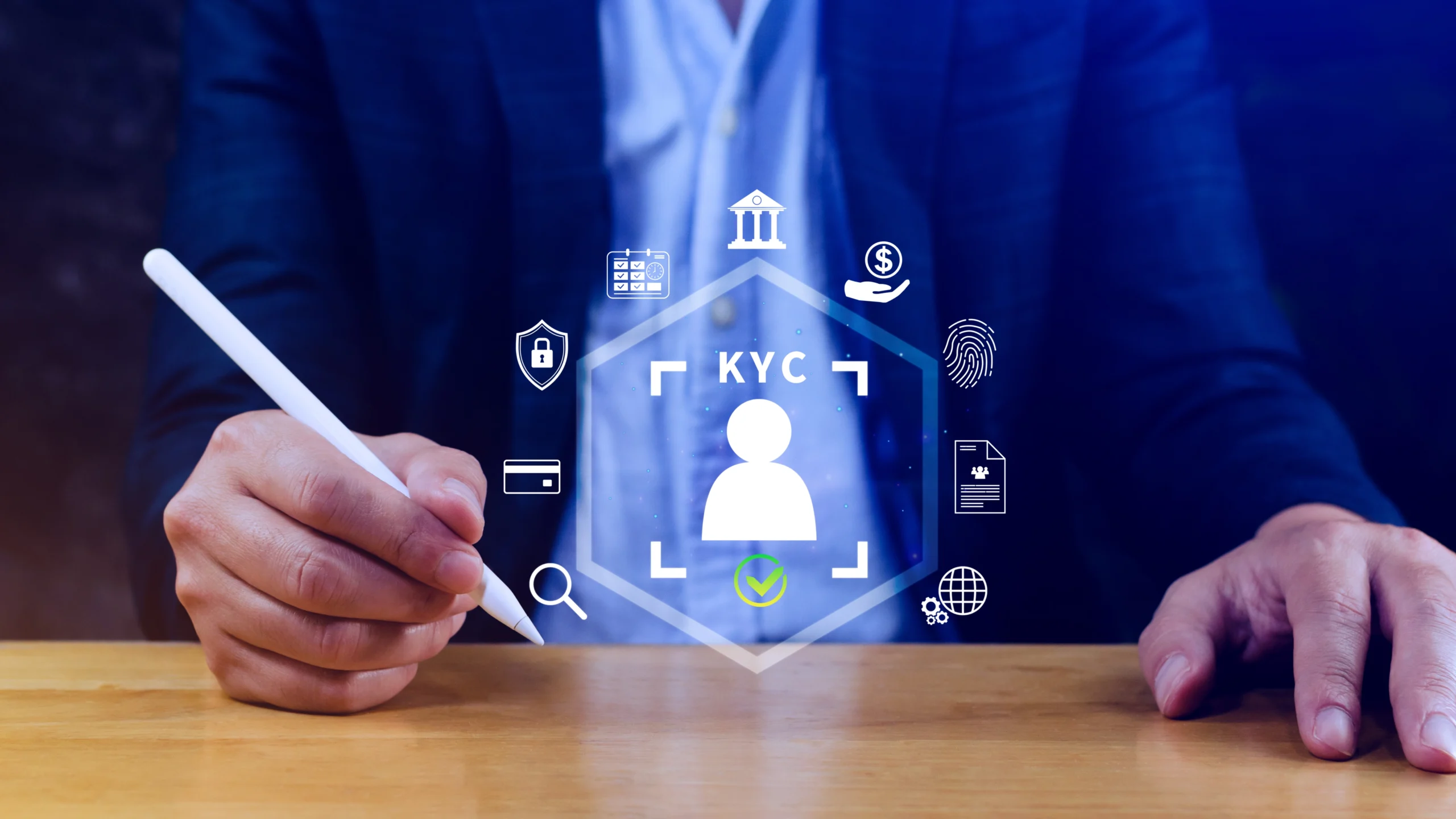Trust is a cornerstone of successful transactions, particularly in the cross-border payments space. When businesses deal with multiple currencies, jurisdictions, and regulations, the challenges extend beyond operational complexity — they also encompass security concerns. As these transactions increase in volume, so do the risks associated with financial fraud, money laundering, and regulatory violations. This is where KYC (Know Your Customer) and AML (Anti-Money Laundering) come into play. These processes are critical to ensuring transactions are secure, efficient, and compliant with international standards.
In today’s blog post, we’ll dive into what KYC and AML are, how they are transforming the cross-border payments market, and why they are indispensable for fostering trust and security on a global scale.
What are KYC and AML?
KYC and AML are essential compliance practices designed to prevent financial crimes:
- KYC (Know Your Customer): Focuses on verifying and identifying customers. This includes validating documents, assessing risk profiles, and monitoring suspicious activities in real-time.
- AML (Anti-Money Laundering): A broader set of policies aimed at combating activities like money laundering, terrorism financing, and other economic crimes.
Today, technologies such as artificial intelligence and machine learning are revolutionizing these processes. They enable organizations to identify anomalies with greater precision and efficiency, reducing false positives and enhancing the overall user experience.
The impact of KYC and compliance on cross-border payments
In cross-border payments, robust compliance practices are not just a competitive advantage—they’re a strategic necessity. Businesses that implement advanced KYC and AML solutions secure safer, more efficient operations while fostering trust with partners and customers alike.
Here are some ways these practices are reshaping the market:
Mitigating risks in emerging markets
- Advanced compliance technologies can reduce fraud and regulatory challenges by up to 40%, particularly in emerging markets where uncertainties are higher.
Ensuring local and global regulatory compliance
- Streamlined processes help avoid penalties and delays, ensuring operations remain secure and fully aligned with both local and international regulations.
Strengthening international trust
- Research shows that 78% of financial institutions consider advanced KYC and AML practices essential for attracting new business and international partnerships.
Enhancing customer experience
- Automation through AI and technologies like blockchain accelerates processes, reduces costs, and improves user experience – creating an environment where efficiency and trust go hand in hand.
How FacilitaPay builds trust and security
At FacilitaPay, security and compliance are non-negotiable priorities. Every transaction we process reflects our commitment to delivering a global payment infrastructure that integrates cutting-edge technology, regulatory compliance, and operational efficiency. Our mission is to ensure that our partners can operate securely in any market, with peace of mind.
Want to learn more about how KYC and AML are shaping the cross-border payments landscape?
Subscribe to our newsletter and gain access to exclusive insights on security, compliance, and innovation in international payments








